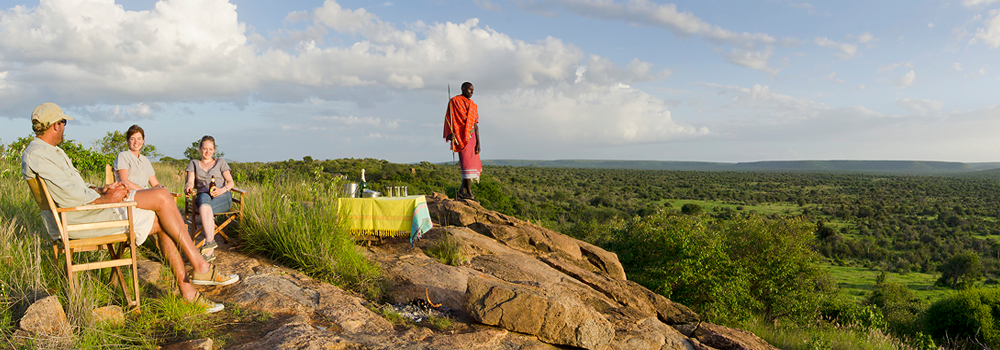His immediate reply was “Do you believe in socialism?”
Now unfortunately for him, I’ve read enough history to know that that question, especially when posed to someone from the so-called third world, is actually a trick question to put us on the defense. From Lumumba, to Castro to Sankara, each revolutionary was often at pains to explain to a reductionist Western media that their concern was not capitalism or communism but the dignity, freedom and welfare of their people. Even Fanon said in his first chapter of the Wretched of the Earth that the West had basically called our ideas of freedom “communist” because they didn't believe that great ideas – or even the human instinct to be free – could originate from Africans. And of course, the West was so dogmatic about calling our heroes communist and wouldn't even allow a conversation about justice.



 RSS Feed
RSS Feed
